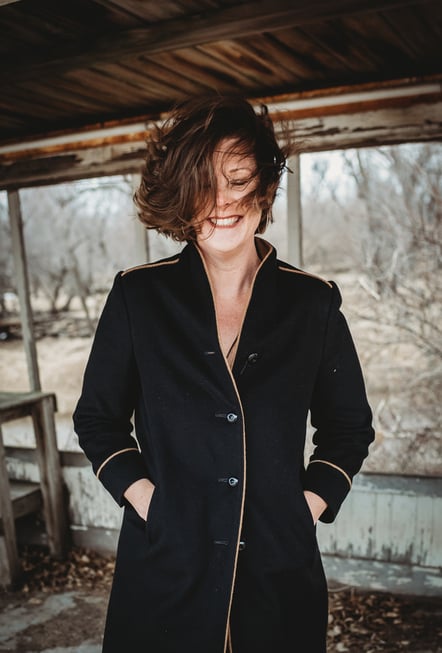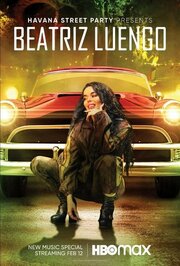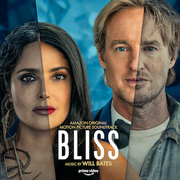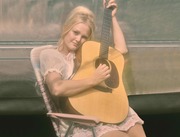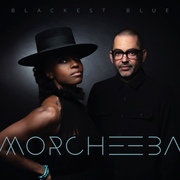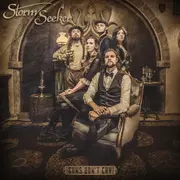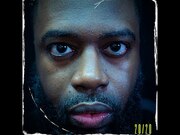New York, NY (Top40 Charts) Nebraska-based Americana-folk singer-songwriter Hope Dunbar is set to release her new album, Sweetheartland, on April 2, 2021. Recorded in Nashville before the pandemic hit, it's her second full-length, and it was produced by Zack Smith (one-half of the celebrated duo Smooth Hound Smith),
Jesse Thompson, and Dunbar herself. Sweetheartland takes listeners om a journey through stories lifted from everyday routine and secret dreams.
"My mission in this project was to fully realize my own strength and identity as a songwriter," says Dunbar. "I gave myself permission to have fun, to be humorous, to be frustrated and intense, to be sexual, powerful, hopeful, and sad. As a small-town preacher's wife, I had been kind of tentative with my identity on my previous album, Three
Black Crows. It just felt unbecoming for me to express feminine, sexual power on a record. But I've always had a sense of rebellion, so this time I just decided to put that out there, along with everything else. Three
Black Crows has the spirit of asking for permission, a feeling of tentativeness. My intention with Sweetheartland was to walk in and say, 'I'm not asking your permission. I'm doing what I want to do. I am fully empowered, and I'm choosing to make this record.'"
Through song, Dunbar transforms the mundane into the magical. A pioneer of the New American Prairie
Style (Americana mixed with country-folk), she is known for her lyrics, and Sweetheartland does not disappoint in that regard. "A gift card to a gasoline station is not a valentine," she admonishes some dim bulb on "What Were You Thinking?" "I don't need a cage; I've forgotten how to run," she mourns on "Dust." Daring to hope for something beyond farmland, she sees the highway as "where the wife with a black eye places all of her chips" on "The Road Is" and insists "'more' ain't a four-letter word" on the last track, "More." Even her homage, "John Prine," illuminates both his genius and her restless introspection: "I'm flipping through the pages of a waiting room magazine while the clock keeps on ticking like a pickaxe steadily chipping away at the vision of who I thought I could be."
In its hope and resignation, its candor, craft, and vast Midwestern Americana resonance, and certainly in its insight and poetry, Sweetheartland was born of the time of soul-searching and introspection that followed the release of Three
Black Crows and the promotional push that accompanied it, particularly on the road. "Things got so overwhelming because the hustle became more important than the artistry," Dunbar recalls. "By the summer of 2018, I was thinking, 'I'm not in love with music the way I was prior to my last record.' I wasn't expecting that, and it was a little jarring." Something had to change, and Dunbar began looking hard at where she was and what had to be done. With help from a life coach, she found the right questions to ask and then looked for answers. "I wound up on a new path of taking ownership of my musical journey," she says. "I'd been saying yes to every voice giving me advice on what I should do. So, I learned not to listen to those voices. Now I'm not going to do anything anybody tells me to do… unless I know I really want to."
With her sister-in-law Emily, Dunbar launched a weekly podcast they called "Prompt Queens." Each week they would agree on a new "prompt" — a person, a band, a movie, even just a word. Then each would spend the week writing her own song based on that prompt, which they would premiere and discuss on the next episode. Dunbar began to compose again, and new songs poured forth, some of which are the gems on Sweetheartland.
After growing up in Mission Viejo, California, and study abroad in Paraguay during high school, Valparaiso University in
Indiana beckoned Dunbar. She met and married her husband there and moved with him to a small town in Iowa, where she started singing folk songs with a new friend at public libraries, farmer's markets, and fairs. Before long, she was writing her own songs. A move to Nebraska provided the perfect quiet place to pen her tunes. Drawing from
Simon & Garfunkel, Indigo Girls, Patty Griffin, Nanci Griffith, Joni Mitchell, John Prine, Lori McKenna, and other inspirations, she developed a distinctive perspective, musically and lyrically.
Her debut solo EP, Woman Like Me, came out in 2013. In 2014, as a participant in the "RealWomenRealSongs" project, she wrote 52 songs, one per week. The following year, Dunbar recorded an EP, The End Of Wanting, and was a finalist at the Kerrville New Folk Festival. She took second place in American Songwriter magazine's lyrics contest early in 2017 with her song "We Want."
Three
Black Crows followed later in 2017, and when it was released the album inspired positive comparisons to Springsteen's Nebraska. The Americana blog Mother Church Pew cited her references to "dusty roads, endless fields and massive starry skies," to which she adds layers of meaning through her "visceral authenticity and raw honesty." American
Roots host
Craig Havighurst extolled her "incredible language and truth-telling" in the Bluegrass Situation. Off-Center Views called it a "masterpiece."
In the past, she has shared stages with Darrell Scott, Richard Shindell, and Tom Paxton, among others. Until COVID guidelines permit touring in support of Sweetheartland, Dunbar plans to livestream, with a set already scheduled with TheBoot.com on their Facebook page on April 5, 2021 at 8 p.m. central.
https://www.hopedunbarmusic.com/















